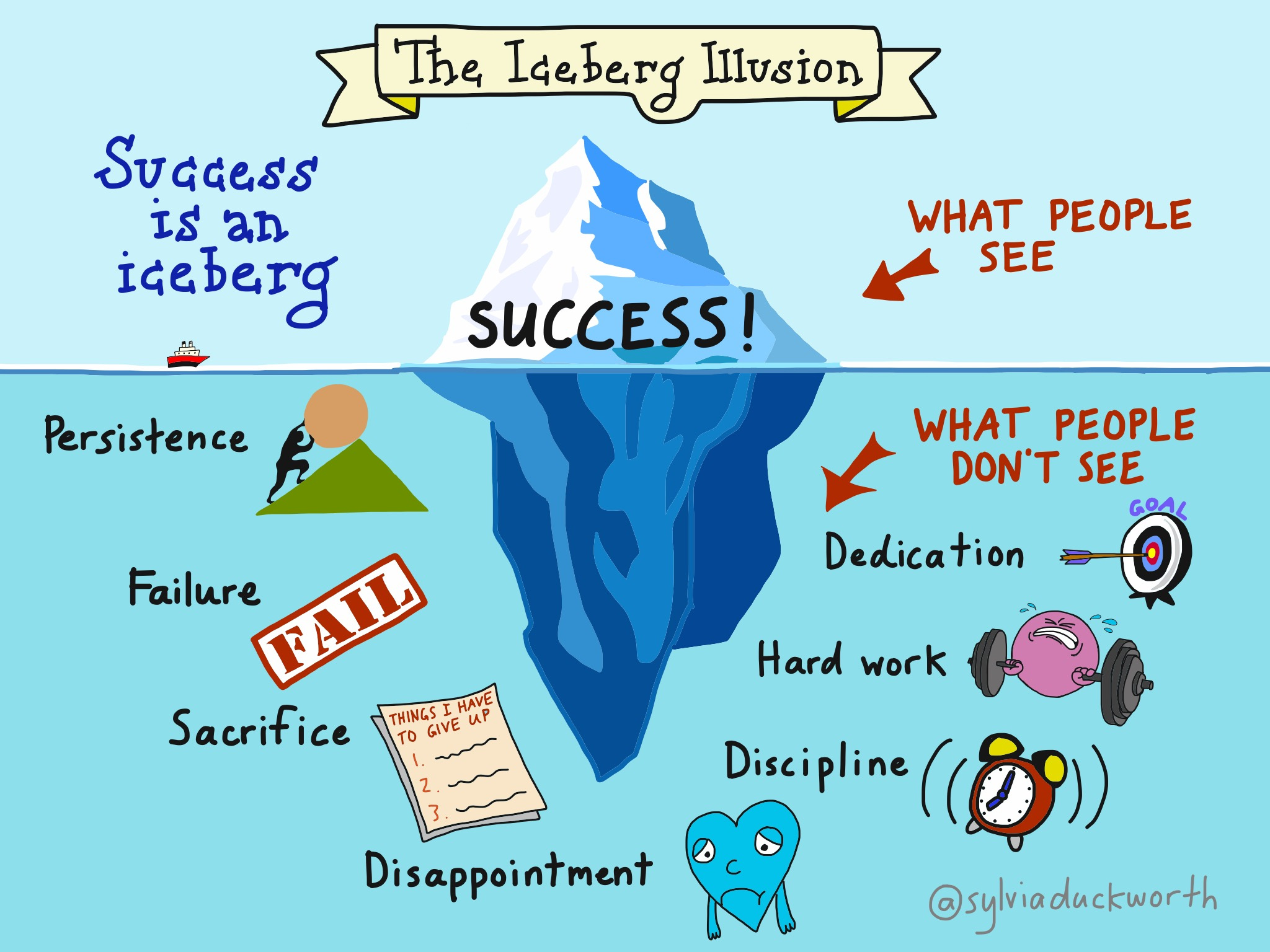In addition to “Flow“, the growth mindset is another topic I wish would be introduced in the school system early on – to both teachers and students. The growth mindset was defined by Carol Dweck in her book “Mindset,” and it’s the belief that you can learn anything if you applied yourself and spent enough time studying and working. In contrast, if you have a fixed mindset, you’re more likely to believe you’re born with a fixed level of abilities and intelligence that cannot be changed.
Kids with a growth mindset aren’t afraid to face new challenges and work on things they haven’t encountered before because they understand that failure is part of the learning process whereas fixed mindset kids are more likely to operate within their comfort zones because they’re too scared to fail.
The fixed mindset is further propagated by a school system that lauds A students regardless of the amount of effort they exert studying. It makes you wonder how many prodigies whose talents go unrecognized and are wasted in the system because they don’t get challenged enough and are graded against the school’s standards instead of their own.
Another problem aggravated by the fixed mindset that’s more likely to appear in developing countries due to limited resources is that kids are more likely to be pulled out of school just because of poor performance during the earlier years of their lives.
Knowing that the fixed mindset is more prevalent in our societies, how can we change that?
– In addition to honoring and recognizing ‘A’ students, we can recognize students who show the greatest improvement throughout the school year, even if they jumped from an F to a D.
– We can use language that encourages the growth mindset instead of the fixed mindset.
Examples of growth mindset statements are;
“There’s room for improvement here.”
“You can do better if you just work harder.”
“You’re still learning and it might take a while but you can do it.”
Examples of fixed mindset statements are;
“You can never do this.”
“You’re not good in math/science/languages, you might as well quit now.”
-We need to remind ourselves that the overnight success is a myth. There’s this famous ‘Icerberg Illusion’ image that’s spread on social media, and it really captures the untold details behind ‘overnight success’ stories. Instead of glamorizing success, glamorize hard work and growth even if that translates to failure.
So what mindset do you predominantly have?
Love this post? Share it with your friends on facebook.
Follow me on Instagram and twitter on @ahechoes
and subscribe to the newsletter here; [mc4wp_form id=”680″]
Image via pixabay.com
“We become what we think about,” is a quote by Earl Nightingale.

